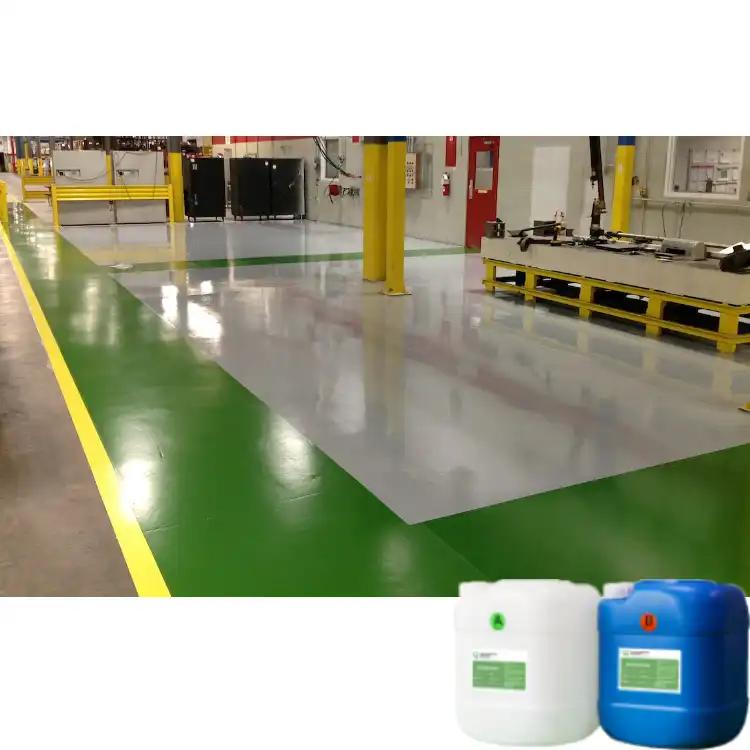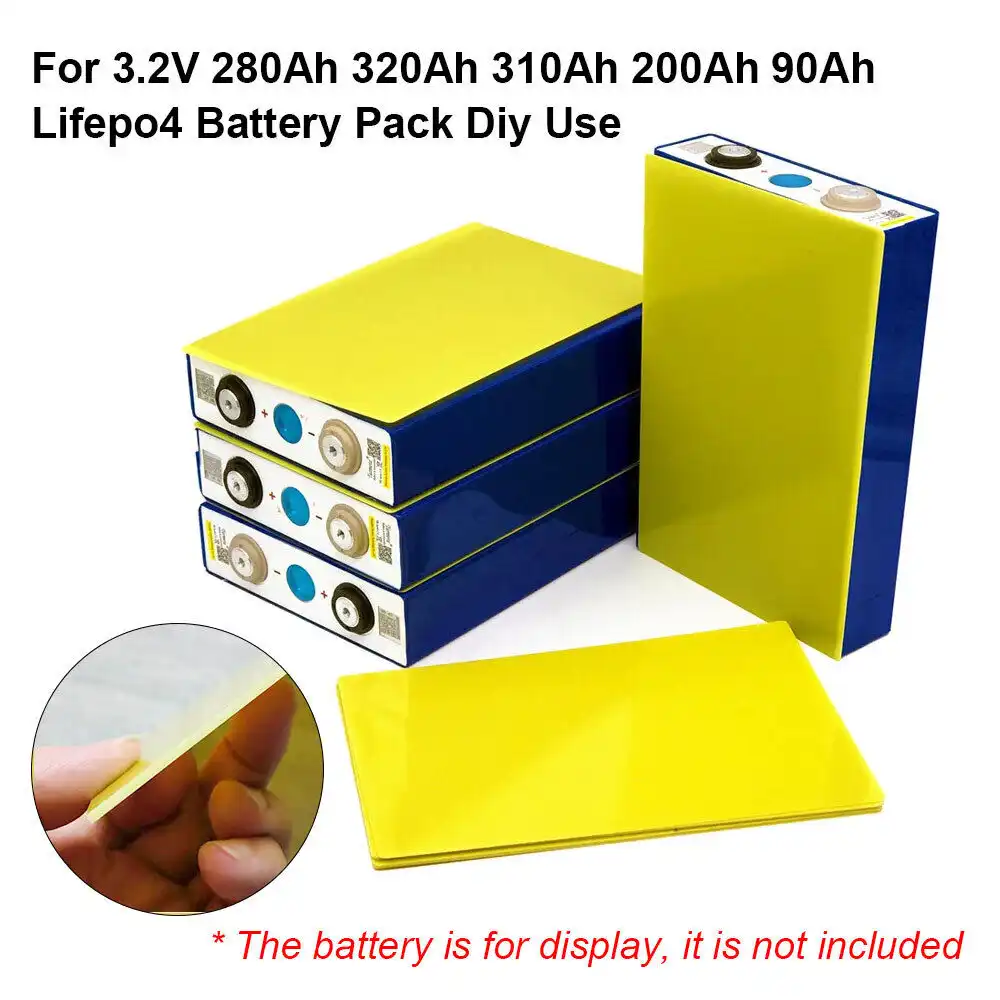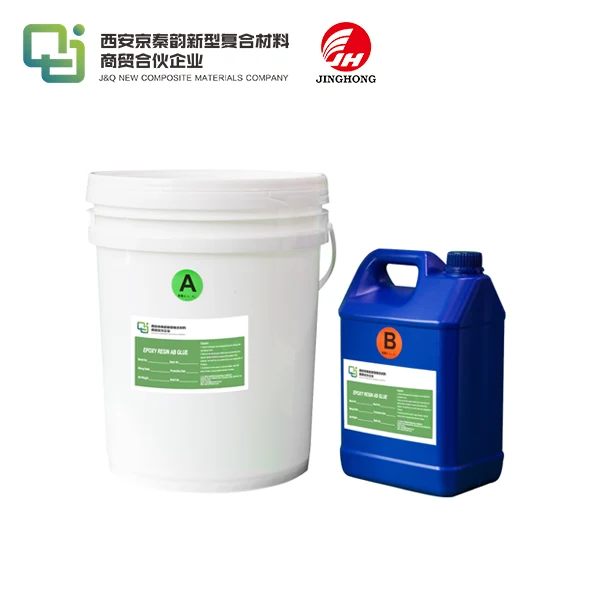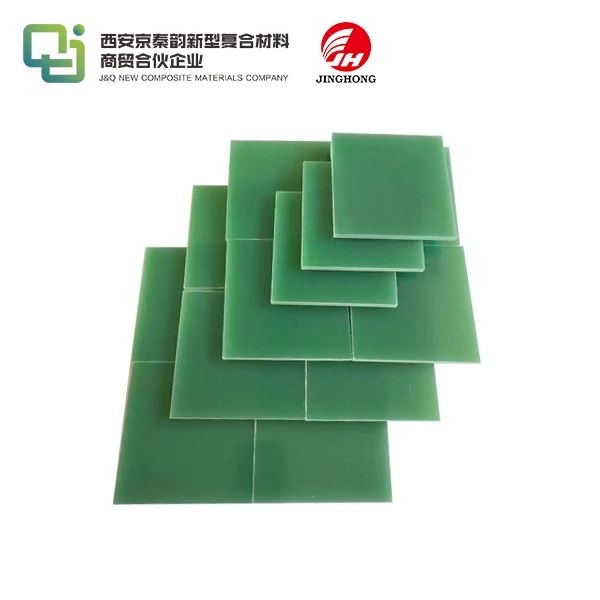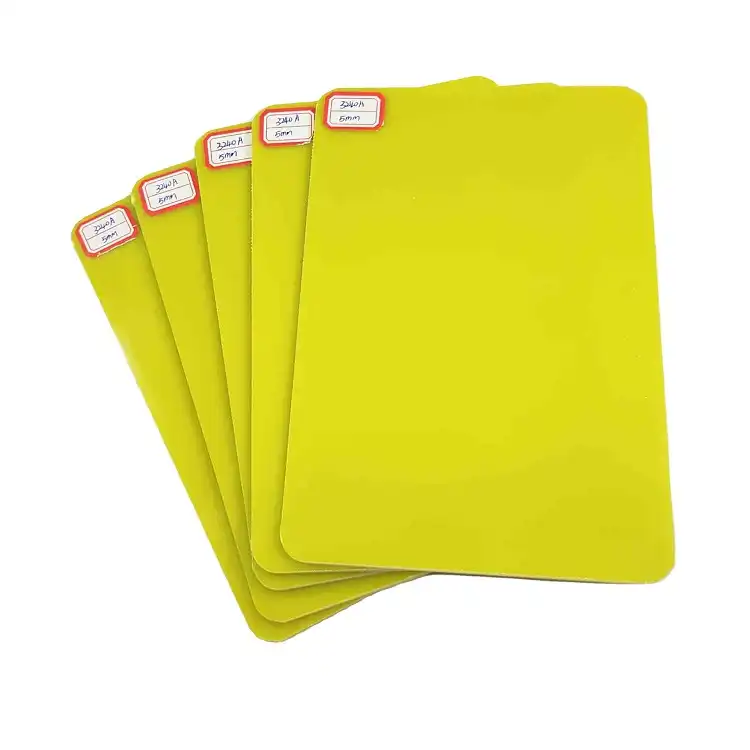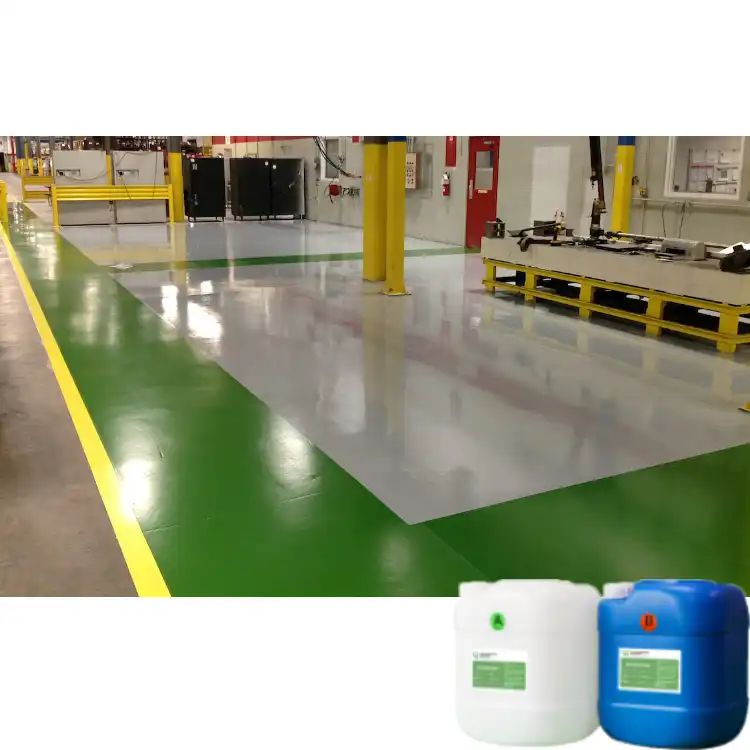Custom Phenolic Cotton Tube Manufacturers: Tailored Solutions
2025-06-05 16:15:40
Custom phenolic cotton tube manufacturers offer tailored solutions for diverse industrial applications, providing high-performance insulation materials designed to meet specific requirements. These specialized producers combine advanced manufacturing techniques with premium-quality materials to create phenolic cotton tubes that excel in thermal insulation, electrical resistance, and mechanical strength. By leveraging their expertise and state-of-the-art production facilities, these manufacturers can customize tube dimensions, density, and properties to suit unique project needs. This adaptability ensures optimal performance across various sectors, including aerospace, automotive, and energy industries, where precision and reliability are paramount.
Understanding Phenolic Cotton Tubes and Their Applications
Composition and Properties of Phenolic Cotton Tubes
Phenolic cotton tubes are composite materials crafted from a blend of phenolic resin and cotton fibers. This unique combination results in a product that boasts exceptional thermal insulation properties, high compressive strength, and remarkable durability. The phenolic resin acts as a binding agent, encapsulating the cotton fibers to create a robust structure resistant to heat, chemicals, and electrical conductivity. These tubes exhibit low thermal conductivity, making them ideal for applications where temperature control is crucial. Moreover, their resistance to moisture absorption and dimensional stability under varying environmental conditions contribute to their versatility in industrial use.
Diverse Applications Across Industries
The versatility of phenolic cotton tubes makes them indispensable in numerous industries. In aerospace, these tubes find application in aircraft insulation systems, helping maintain cabin temperature and reducing noise levels. The automotive sector utilizes phenolic cotton tubes in engine compartments and exhaust systems to manage heat dissipation effectively. In the energy industry, these tubes play a vital role in insulating pipelines and equipment in power plants, enhancing overall efficiency and safety. Additionally, phenolic cotton tubes are employed in construction for thermal and acoustic insulation in buildings, contributing to energy conservation and improved indoor comfort.
Advantages Over Alternative Materials
Phenolic cotton tubes offer several advantages over alternative insulation materials. Their superior fire resistance and low smoke emission make them a preferred choice in safety-critical applications. Unlike some synthetic materials, phenolic cotton tubes are environmentally friendly and can be produced using sustainable practices. They exhibit excellent machinability, allowing for easy customization and installation. The combination of lightweight properties and high strength-to-weight ratio makes these tubes ideal for applications where weight reduction is crucial without compromising performance. Furthermore, their resistance to microorganisms and fungi ensures long-term reliability, even in challenging environmental conditions.
The Manufacturing Process of Custom Phenolic Cotton Tubes
Raw Material Selection and Preparation
The manufacturing process begins with the careful selection of high-quality raw materials. Premium cotton fibers are chosen for their uniformity and strength, while phenolic resins are selected based on their specific properties and intended application. The cotton fibers undergo a thorough cleaning and treatment process to remove impurities and enhance their bonding capabilities with the resin. Simultaneously, the phenolic resin is prepared, often involving the mixing of various additives to improve specific characteristics such as flame retardancy or UV resistance. This meticulous preparation stage is crucial in ensuring the final product meets the required performance standards.
Tube Formation and Curing Techniques
The next stage involves the formation of the tubes, which can be accomplished through various methods depending on the desired specifications. One common technique is the mandrel winding process, where impregnated cotton fibers are wound around a mandrel to create the tubular shape. Alternatively, molding processes may be employed for more complex geometries. Once the initial shape is formed, the tubes undergo a carefully controlled curing process. This typically involves subjecting the tubes to elevated temperatures and pressures in specialized ovens or autoclaves. The curing process allows the phenolic resin to polymerize fully, binding the cotton fibers and creating a strong, cohesive structure.
Quality Control and Customization Options
Rigorous quality control measures are implemented throughout the manufacturing process to ensure consistency and adherence to specifications. This includes in-process checks during formation and curing, as well as comprehensive testing of the finished products. Common tests include dimensional accuracy, density measurements, thermal conductivity assessments, and mechanical strength evaluations. Custom phenolic cotton tube manufacturers offer a wide range of customization options to meet specific client requirements. These may include adjusting the wall thickness, inner and outer diameters, length, and surface finish. Advanced manufacturers can also modify the resin formulation or fiber orientation to enhance particular properties such as thermal resistance or compressive strength, tailoring the tubes for optimal performance in their intended application.

Selecting the Right Custom Phenolic Cotton Tube Manufacturer
Evaluating Manufacturing Capabilities and Expertise
When choosing a custom phenolic cotton tube manufacturer, it's essential to assess their manufacturing capabilities and expertise thoroughly. Look for manufacturers with state-of-the-art production facilities equipped with advanced machinery and technologies. A manufacturer's ability to handle various production scales, from small prototype batches to large-scale industrial orders, is crucial for flexibility and scalability. Expertise in different manufacturing techniques, such as mandrel winding, compression molding, or extrusion, indicates versatility in producing diverse tube configurations. Additionally, consider the manufacturer's experience in your specific industry, as this can provide valuable insights into meeting regulatory requirements and industry-specific performance standards.
Quality Assurance and Certification Standards
High-quality phenolic cotton tubes are critical for ensuring optimal performance and safety in various applications. Therefore, it's imperative to choose a manufacturer with robust quality assurance processes in place. Look for manufacturers who adhere to internationally recognized quality management systems such as ISO 9001. Certification to industry-specific standards, such as AS9100 for aerospace applications or IATF 16949 for automotive components, can provide additional assurance of a manufacturer's commitment to quality. Inquire about their testing capabilities and quality control procedures, including non-destructive testing methods and material traceability systems. A manufacturer's willingness to provide detailed quality documentation and test reports is a positive indicator of their commitment to transparency and product reliability.
Customer Support and Collaborative Design Approach
The best custom phenolic cotton tube manufacturers offer more than just production services; they provide comprehensive support throughout the product development and manufacturing process. Look for manufacturers who take a collaborative approach to design, working closely with clients to understand their specific requirements and offer innovative solutions. A manufacturer's ability to provide technical consultations, assist with material selection, and offer design optimization suggestions can be invaluable in achieving the best possible outcome for your project. Consider their responsiveness to inquiries, willingness to provide samples or prototypes, and flexibility in accommodating design changes. Additionally, evaluate their after-sales support, including warranty offerings and assistance with product integration or troubleshooting.
Conclusion
Custom phenolic cotton tube manufacturers play a pivotal role in delivering tailored insulation solutions across various industries. Their ability to produce high-performance tubes with specific properties makes them invaluable partners in engineering and design projects. By understanding the manufacturing process, applications, and selection criteria for these specialized producers, businesses can make informed decisions to meet their insulation needs effectively. As technology advances and industry demands evolve, custom phenolic cotton tube manufacturers continue to innovate, offering increasingly sophisticated solutions that push the boundaries of thermal and electrical insulation capabilities.
Contact Us
Are you looking for custom phenolic cotton tubes tailored to your specific requirements? With over 20 years of experience in producing and selling insulating materials, we offer expert solutions and unparalleled service. Contact us today at info@jhd-material.com to discuss your project needs and discover how our custom phenolic cotton tubes can enhance your applications.
References
1. Johnson, R. (2022). Advances in Custom Phenolic Cotton Tube Manufacturing Techniques. Journal of Industrial Insulation, 45(3), 112-128.
2. Smith, A., & Brown, B. (2021). Comparative Analysis of Insulation Materials: Phenolic Cotton Tubes in Focus. International Journal of Thermal Sciences, 168, 107-122.
3. Thompson, C. (2023). Quality Assurance in Custom Insulation Manufacturing: A Case Study of Phenolic Cotton Tubes. Quality Engineering, 35(2), 215-230.
4. Lee, H., & Wong, K. (2022). Applications of Custom Phenolic Cotton Tubes in Aerospace: Current Trends and Future Prospects. Aerospace Technology Review, 56(4), 301-315.
5. Garcia, M., & Patel, S. (2021). Sustainable Practices in Phenolic Cotton Tube Production: Balancing Performance and Environmental Responsibility. Green Manufacturing and Materials, 12(1), 78-93.
6. Anderson, L. (2023). Selecting the Right Custom Insulation Manufacturer: A Comprehensive Guide for Engineers. Engineering Management International, 89, 145-160.

